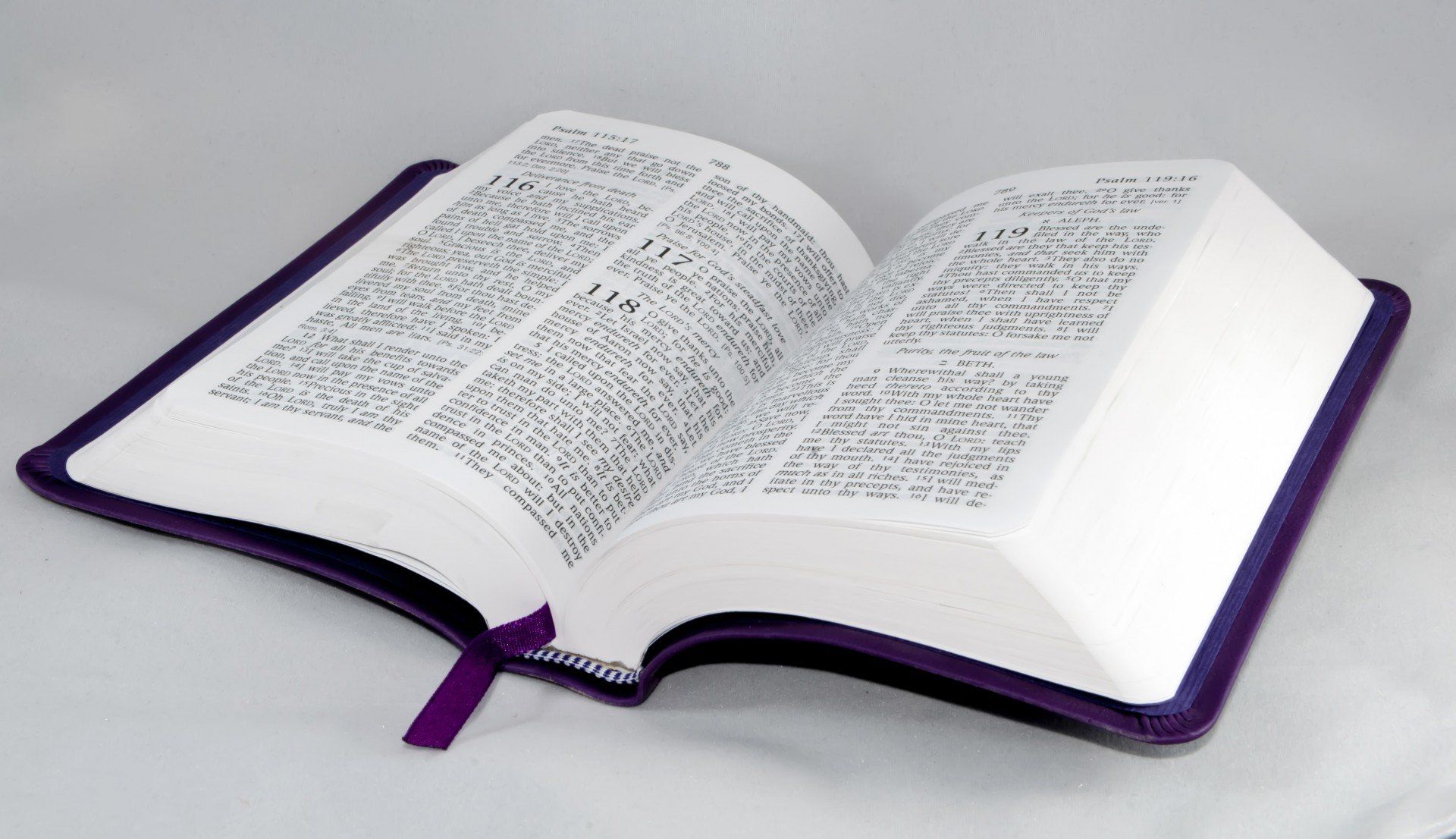Does It Really Matter What You Believe?

(Basic Beliefs)
The biblical basis for our series is suggested by the first Letter of Peter: "Always be prepared to make a defense to any one who calls you to account for the hope that is in you, yet do it with gentleness and reverence" (1 Pet 3:15). That passage says to me that a Christian ought to know what he believes and why he believes it.
The apostles had a conviction which made them willing to place their lives in jeopardy. Paul described himself as set for the defense of the gospel (Phil 1:16). In the first century, beliefs made a difference. The people of Beroea searched the scriptures daily to see if what Paul was telling them was true (Acts 17:11).
Jude in his letter urges his readers "to contend for the faith which was once for all delivered to the saints" (Jude 3). If one has no firm convictions, how is he going to do that? Paul, as an apostle, was proclaiming the faith he once tried to destroy (Gal 1:23). At the end, he could claim that he had kept the faith (2 Tim 4:7). That is, there was something that could be called "the faith." Paul warned of times when people would not put up with sound doctrine, but having itching ears, they would accumulate for themselves teachers to suit their own desires and would turn away from listening to the truth and wander into myths (2 Tim 4:3-4).
The first Letter of John admonishes, "Beloved, do not believe every spirit, but test the spirits to see whether they are of God; for many false prophets have gone out into the world" (1 John 4:1).
"You will know the truth, and the truth will make you free" (John 8:32). The implication is that falsehood believed does not make one free.
There are things to be believed, commands to be obeyed, and promises to be received. There is great need for teaching on what various sorts of service one as a servant is obligated to render. There is a need for teaching on various aspects of worshiping God. We need teaching that will make real to us the corrupting power of sin! How we need to be persuaded that the world to come is more valuable than this world in which we live with all its glitter!
There is also the problem of the erosion of belief. When one feels that he has become more broadminded, he needs to ask whether he has indeed become more broadminded or whether his conscience merely has stretched. A person in the modern world has his faith and convictions continuously bombarded. With all this, it is easy to forget that teaching ourselves and persuading others what to believe is essential. Reformations start with convictions of truth, conviction that truth has been abused, and conviction that truth has been neglected.
I am not suggesting by this series that I suppose that we are not instructed on the various topics that will be covered. It is more like what is suggested in the first Letter of John. John says that he is not writing because the reader does not know the truth, but because he knows it (1 John 2:21). Our rate of forgetting is very high. What we knew well gets away from us. So if in the series we cover a subject that we all know, we can just count that as review.
Bob's Blog









